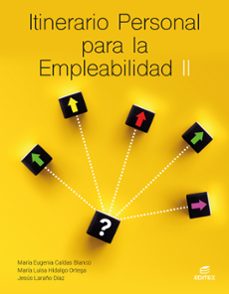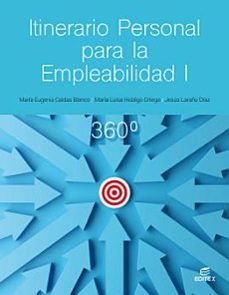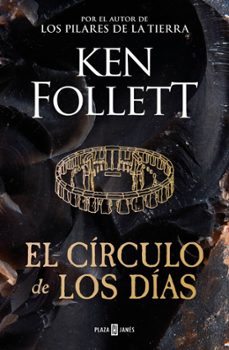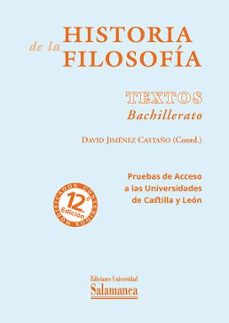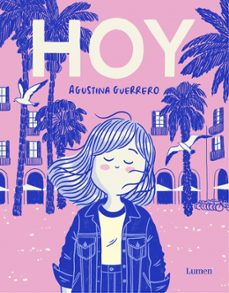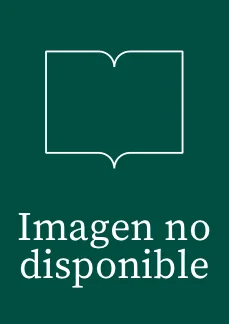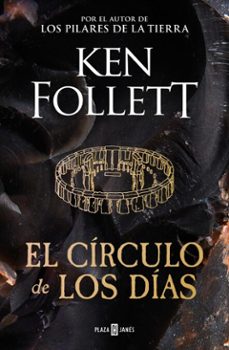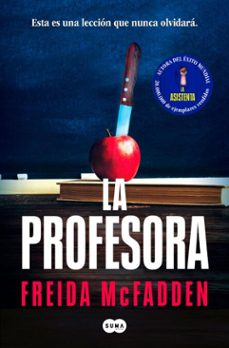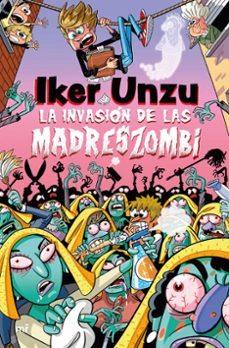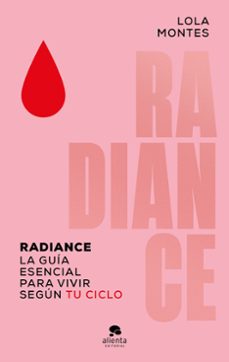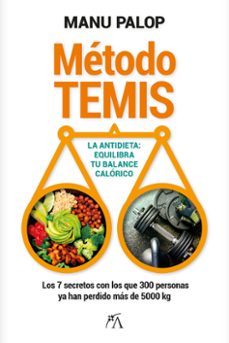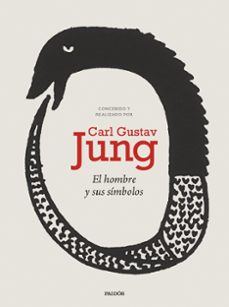📗 Libro en inglés LIQUID LOVE: ON THE FRAILTY OF HUMAN BONDS
POLITY PRESS - 9780745624891
Sinopsis de LIQUID LOVE: ON THE FRAILTY OF HUMAN BONDS
This book is about the central figure of our contemporary, ''liquid modern'' times - the man or woman with no bonds, and particularly with none of the fixed or durable bonds that would allow the effort of self-definition and self-assertion to come to a rest. Having no permanent bonds, the denizen of our liquid modern society must tie whatever bonds they can to engage with others, using their own wits, skill and dedication. But none of these bonds are guaranteed to last. Moreover, they must be tied loosely so that they can be untied again, quickly and as effortlessly as possible, when circumstances change - as they surely will in our liquid modern society, over and over again. The uncanny frailty of human bonds, the feeling of insecurity that frailty inspires, and the conflicting desires to tighten the bonds yet keep them loose, are the principal themes of this important new book by Zygmunt Bauman, one of the most original and influential social thinkers of our time. It will be of great interest to students and scholars in sociology and in the social sciences and humanities generally, and it will appeal to anyone interested in the changing nature of human relationships.
Ficha técnica
Editorial: Polity Press
ISBN: 9780745624891
Idioma: Inglés
Número de páginas: 172
Tiempo de lectura:
3h 29m
Encuadernación: Tapa blanda
Fecha de lanzamiento: 19/04/2005
Año de edición: 2003
Plaza de edición: Cambridge
Alto: 22.0 cm
Ancho: 15.0 cm
Especificaciones del producto
Escrito por Zygmunt Bauman

Zygmunt Bauman (Poznan, 1925 – Leeds, 2017) va ser un sociòleg de gran reconeixement internacional. El seu camp de treball va ser la modernitat i la postmodernitat, i va formular el concepte de «modernitat líquida» que tan bé ha descrit la vida contemporània. Polonès de naixement i d’ascendència jueva, va desenvolupar una important tasca com a ensenyant a Polònia després de la Segona Guerra Mundial. El 1968 va ser expulsat de la Universitat de Varsòvia per raons polítiques; va reprendre la seva docència a les universitats de Tel-Aviv i Haifa, per incorporar-se, l’any 1971, a la Universitat de Leeds fins al final de la seva trajectòria acadèmica. A R C À D I A Munt ane r , 3 1r 1a 08011 Ba r c e lona El 2010 va ser guardonat amb el premi Príncipe de Asturias de Comunicación y Humanidades. Per la seva obra fonamental, Modernity and the Holocaust (1989), van concedir-li l’Amalfi European Prize. De la seva extensa bibliografia, Arcàdia ha publicat, entre altres: Confianza y temor en la ciudad (2006), Els reptes de l’educació en la modernitat líquida (2007, 2017), La riquesa d’uns quants beneficia a tothom? (2014), Desconeguts a la porta de casa (2016) i Retrotopia (2017).
Descubre más sobre Zygmunt Bauman Recibe novedades de Zygmunt Bauman directamente en tu email
Opiniones sobre LIQUID LOVE: ON THE FRAILTY OF HUMAN BONDS
¡Sólo por opinar entras en el sorteo mensual de tres tarjetas regalo valoradas en 20€*!

